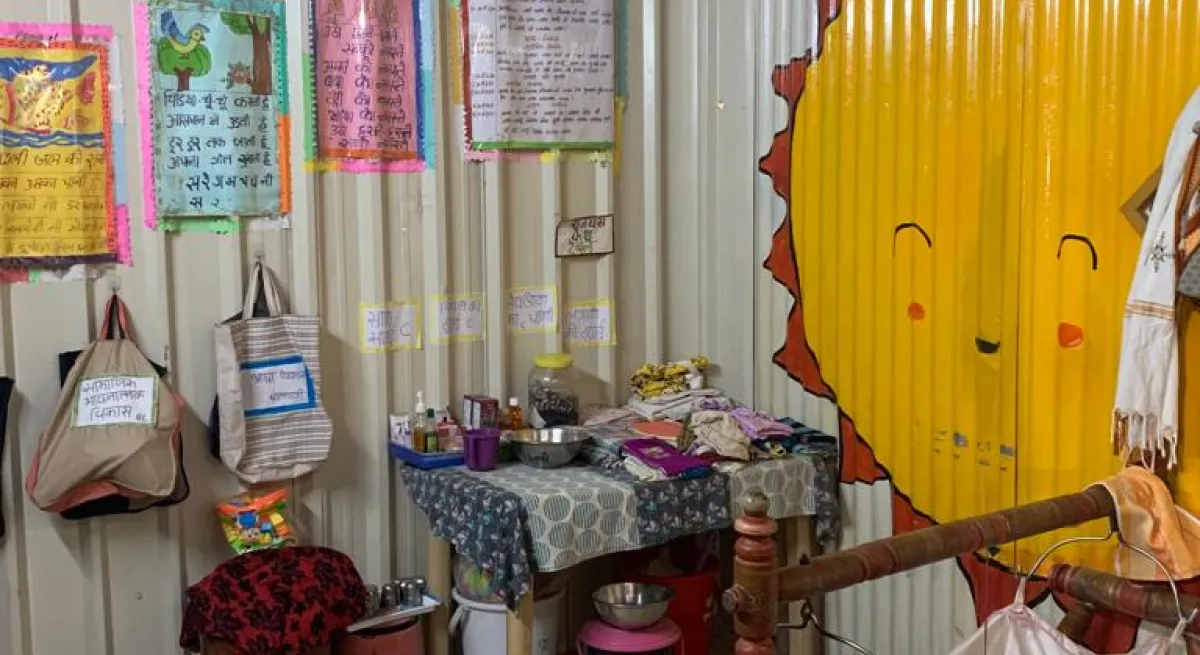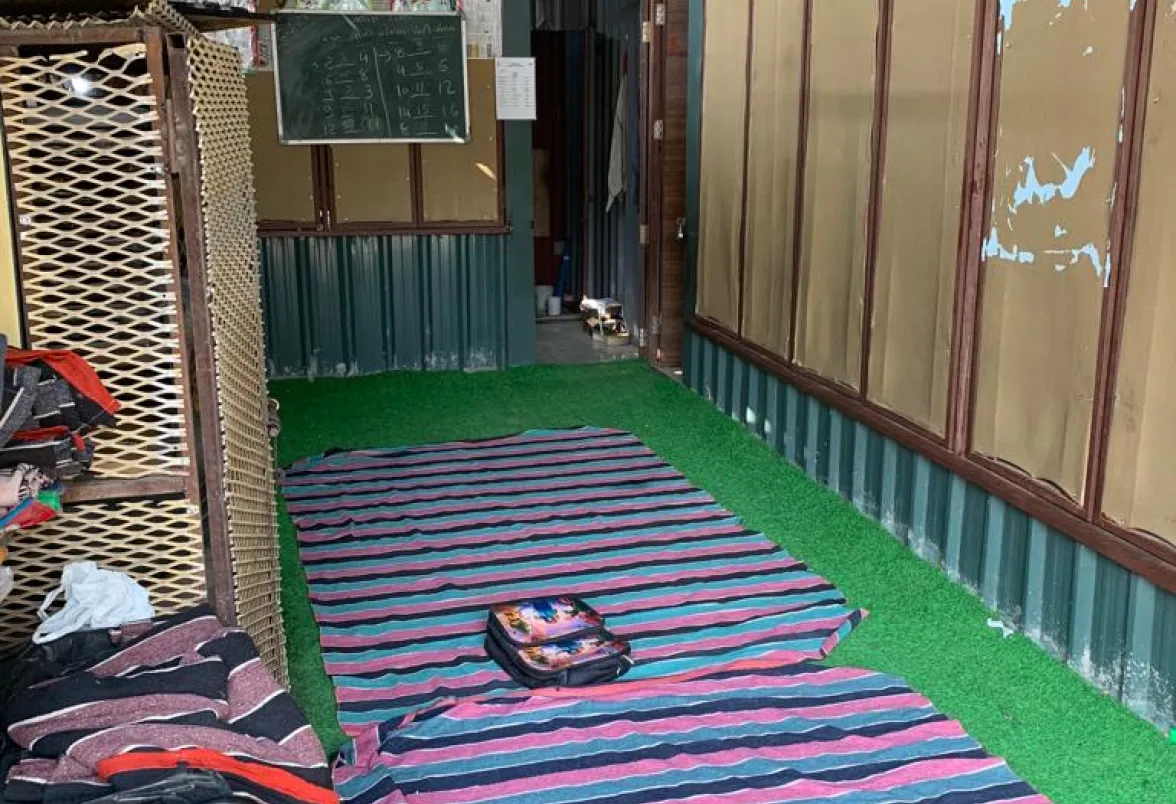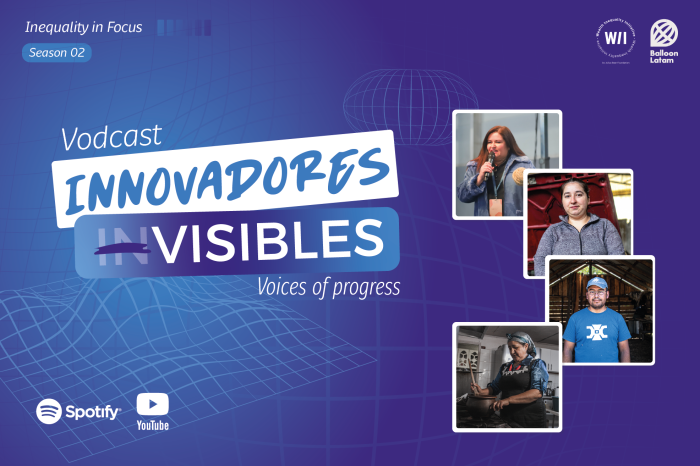Informally employed women in India often return to work just two months after childbirth. IIHS wants to make sure their children receive safe, sustainable daytime care from the start and building consensus and collaboration among businesses, workers' rights groups and unions in support of high-quality childcare for disadvantaged working women.
26.907735474538, 75.786970477094
18%
of Indian labour income is earned by women
India
is one of the most unequal countries in the world[2]
Malnutrition
is especially high among the children of informal migrant workers.[3]
We are waiting for an organisation to come and help us set up a day care facility for the children of the workers; we are ready to invest, but we need help managing the day care, the advantages are enormous; I no longer have to worry about the children’s safety, and I also feel good about doing something good for the children at my workplace.
Our Commitment
With funding from the Julius Baer Foundation, this project led by IIHS aims to build a childcare ecosystem for mothers working informally in key sectors of India’s economy. It will initially pilot creation and maintenance of day care for the children of domestic workers and construction workers.
These are frequently migrant labourers whose lack of formal employment contracts often adversely impacts their children, resulting for example in malnutrition.
Building on collaboration between local government, developers, community organisations, unions, entrepreneurs and vulnerable women workers themselves, the project will establish sixteen day care facilities for children six months to six years old that ensure their safety, security and nutritional well-being.
At the same time, this will allow the mothers to re-join the workforce knowing their children will be well taken care of.
A Better Work–Life Balance for All Families
• According to the World Inequality Report 2022, India is one of the most unequal countries in the world, with the top 10% of the population holding 57% of the country’s total income.
• This inequality is also heavily gendered, with women’s total labour income share measuring just 18%, one of the lowest in the world.
• The children of the poor in India particularly suffer the harms of this inequality. Studies show that malnutrition is especially high among the children of informal migrant workers.

- One reason is that government childcare schemes in India are not in tune with the needs of informal workers. For example, schemes are available for kids ages three and up, while informal women workers need help with children as small as infants.
- The supported activities of IIHS by the Julius Baer Foundation aim at directly addressing this childcare gap on behalf of informal women workers.
• After piloting several day care facilities for low-income women workers and identifying best practices, the project will strive to inform corresponding Indian policy and scale up its approach in order to meet the childcare needs
of more underserved families.
Become a Changemaker

Make an impact that lasts a lifetime — discover opportunities at IIHS to donate, volunteer, work, and learn.
[1] Source: World Inequality Report 2022 (wid.world)
[2] Source: World Inequality Report 2022 (wid.world)
[3] Source: Bhan, G., Surie, A., Horwood, C., Dobson, R., Alfers, L., Portela, A., & Rollins, N. (2020).Informal work and maternal and child health: a blind spot in public health and research. Bulletin of the World Health Organization, 98(3), 2019

